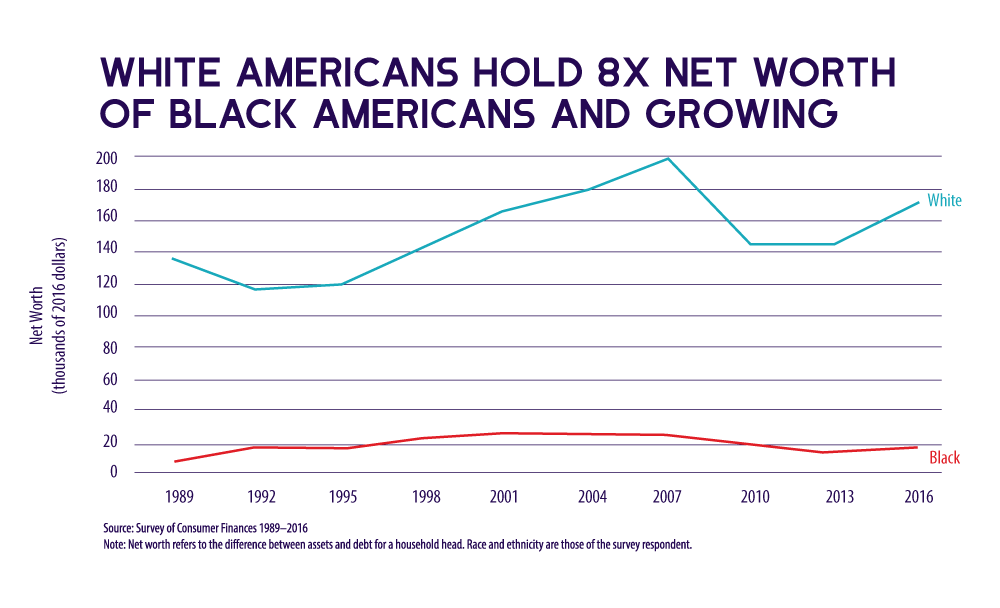At Reparation Generation, we seek to create a more perfect union to benefit every American. To achieve this, we must first face the truth: systemic racism harms all of us, and it is the direct cause of today’s wealth disparities between Black and white Americans. Research and stories alike have shown us how our nation systematically denied Black Americans equal opportunities to achieve homeownership, education, and entrepreneurship, among many other rights and pursuits—with consequences that persist today. While formal government reparations are the end goal, knowing our history compels us to act now to promote racial healing and make the country we love more just, fair, and inclusive.
A plan to remove Interstate 375 will not bring back the rich history lost when the area was razed to make way for the new road running through the center of Detroit in the late 1950s and early 1960s.
Cory Booker and others discuss how slavery, housing discrimination and centuries of inequality have compounded to create a racial wealth gap.
The Great Migration from the South and the rise of racial residential segregation strongly shaped the twentieth-century experience of African Americans. Yet, little attention has been devoted to how the two phenomena were linked, especially with respect to the individual experiences of the migrants.
Our work in Detroit did more than put wealth-building reparative transfers in the hands of people purchasing a primary home: it showed that Black Americans can reliably trace their ancestry to people formerly enslaved in our nation. Participants in our HORT Program easily identified and provided proof of their lineage using common genealogy research tools available today. The discovery of a stolen identity facilitates healing for the individual and begins the process of repairing our communities economically and emotionally. With our initiatives, we are demonstrating that reparations are both feasible to administer and, ultimately, capable of building long-term wealth for Black Americans and closing the wealth gap resulting from generations of systemic racism. Over time, we expect that our pursuit of justice and equity will drive economic and emotional repair among families, communities, and our greater society.
If acknowledgement is the first step toward acceptance, reparations for Black people in America has taken a major step forward.
Bryan Stevenson on Truth & Reconciliation…as being necessary before Reparation can be meaningful.
Two hundred fifty years of slavery. Ninety years of Jim Crow. Sixty years of separate but equal. Thirty-five years of racist housing policy. Until we reckon with our compounding moral debts, America will never be whole.
Wealth is the key to upward mobility and to creating a safety net for oneself and for generations to come. Our government and society have prospered off of Black Americans while systematically denying them the chance to secure their own futures. In this era when nearly $68 trillion in wealth will transfer from Baby Boomers to their children, it’s time to finally repay what is owed.

If Berkeley proceeds, it will be one of the few municipalities to directly grapple with the country’s legacy of enslavement.
Explore why California launched the first-in-the-nation task force to study reparations for Black people — and what reparations could mean for the state.